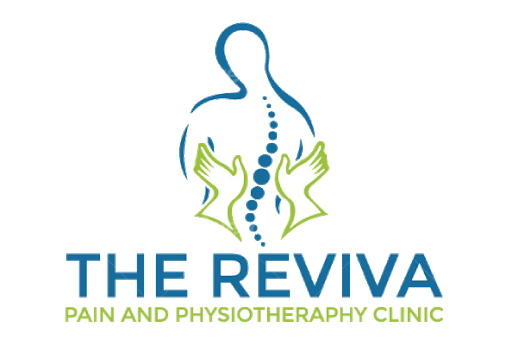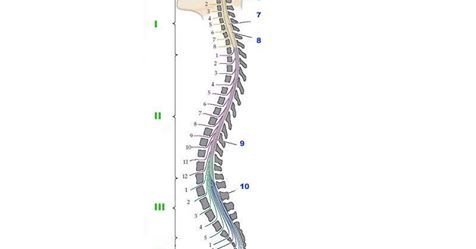What is Neurological physical therapy?
Neurological Physiotherapy is specialist physiotherapy for people with Neurological Conditions such as Stroke, Multiple Sclerosis, Parkinson’s disease or Spinal Cord Injury. Common problems of patients with neurological disorders include paralysis, vision impairment, poor balance, inability to ambulate, and loss of functional independence. Therapists work with patients to improve these areas of dysfunction.
A neurologic physical therapist specializes in the evaluation and treatment of individuals with movement or functional problems due to disease or injury of the nervous system. Physical therapists that specialize in neurology work with a broad range of conditions in both adults and children that include:
- Spinal cord injury
- Brain injury that results from trauma or conditions such as stroke or tumors
- Multiple sclerosis
- Parkinson’s disease
- Amyotrophic lateral sclerosis
- Polyneuropathies such a Guillain-Barre syndrome or chronic inflammatory polyneuropathy
- Vestibular disorders such as BPPV, acoustic neuroma, or other conditions that cause dizziness and loss of balance
- Pediatric conditions such as spina bifida or cerebral palsy
- Balance Deficits
- Coordination
Physiotherapy Treatment May Include:
Passive Limb Exercises: if you are unable to move your arms and legs yourself
Positioning / Splinting: correct limb positioning, or splint prescription, to ensure that your joints don’t tighten
Bed Exercises: to stretch and strengthen your muscles
Breathing and Circulation Exercises: to prevent respiratory and vascular complications such as chest infection and DVTs
Mobilization: assistance to move safely in bed, sit up, stand and walk
Mobility Aids: prescription, advice, and instruction on how to safely use a walking frame or other walking aids as required
Discharge Planning: information regarding any necessary equipment that you may require at home after discharge
Tailored Exercise: exercises to build strength, endurance, coordination, and balance Read More



